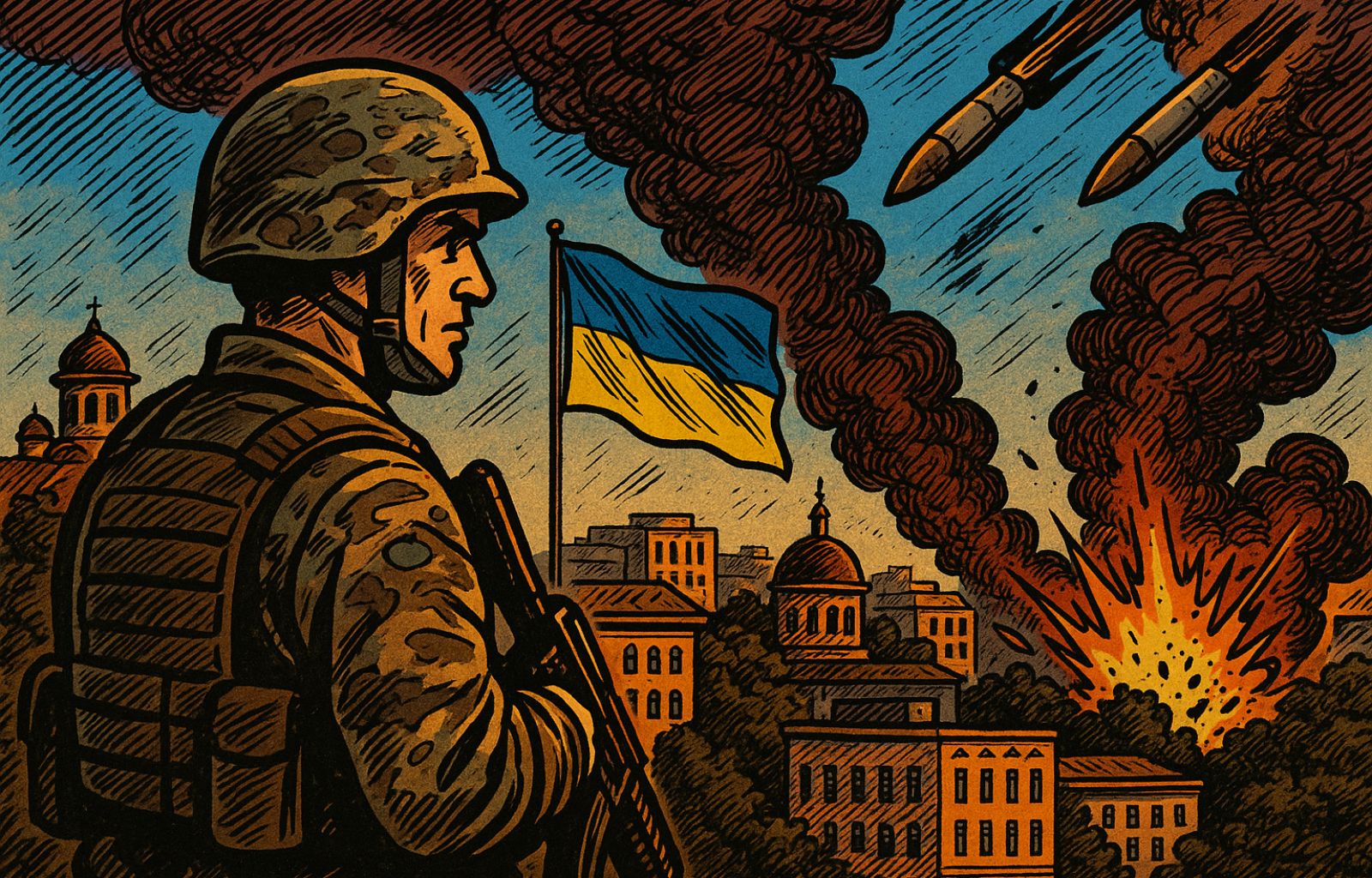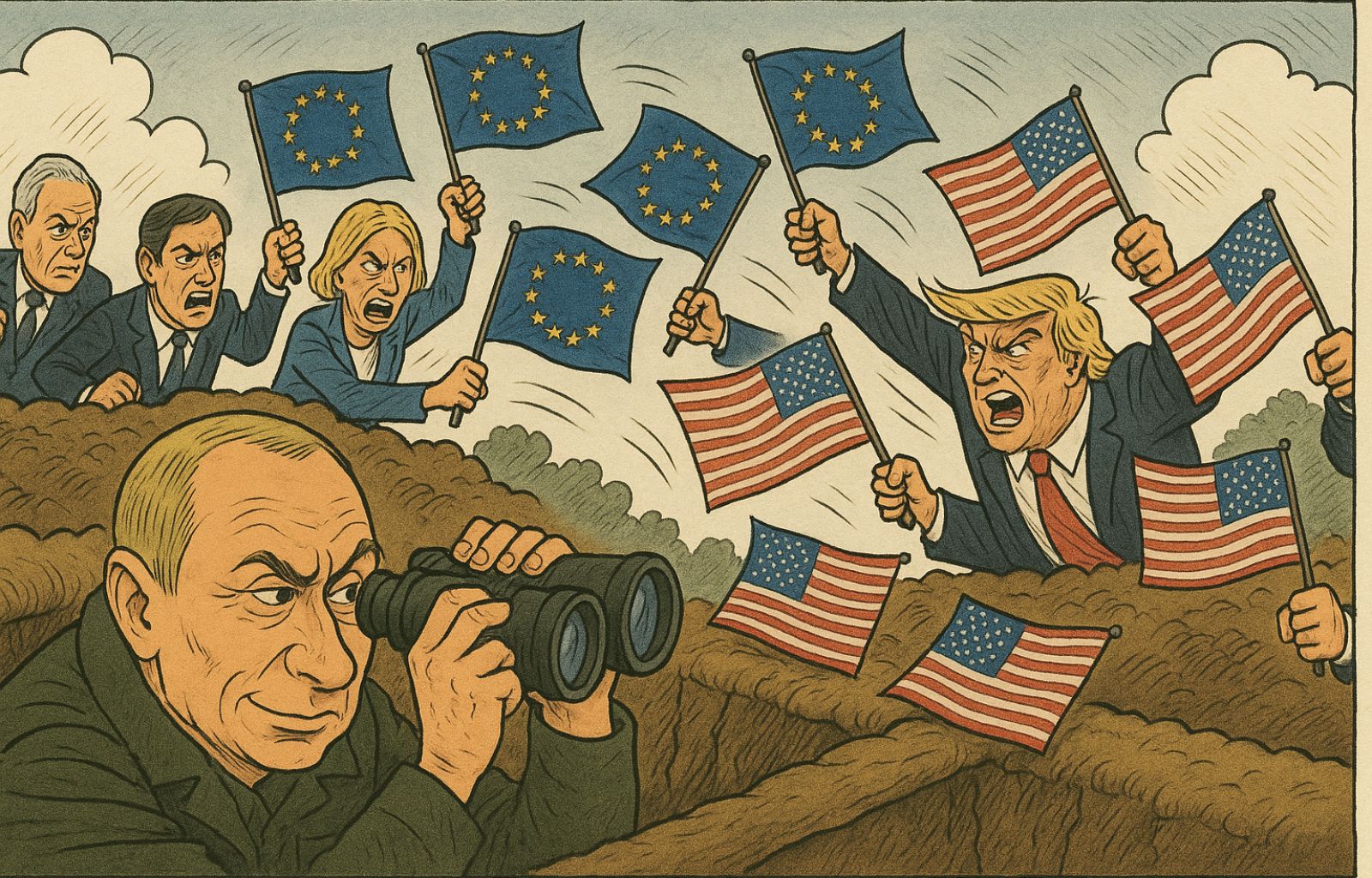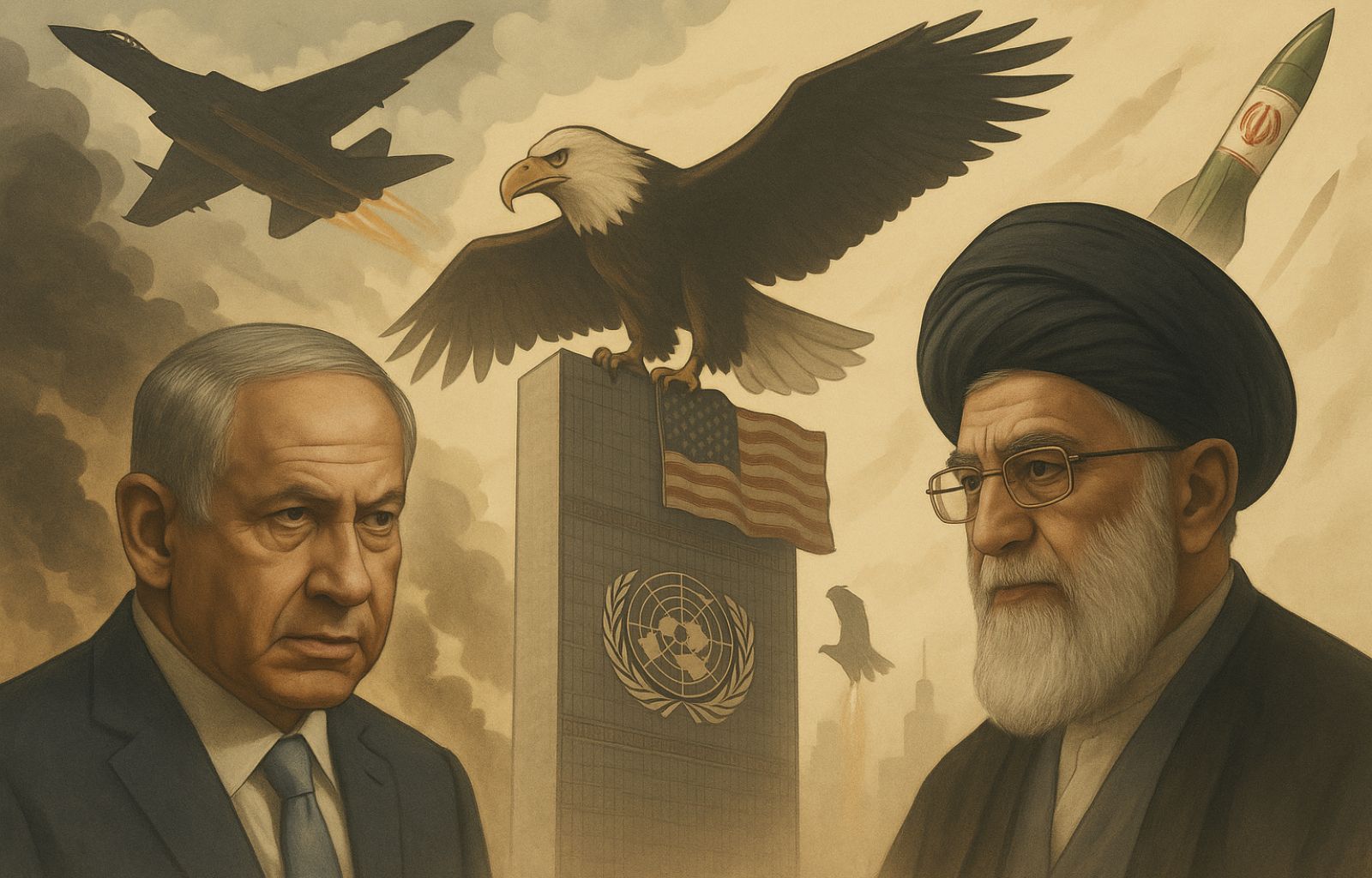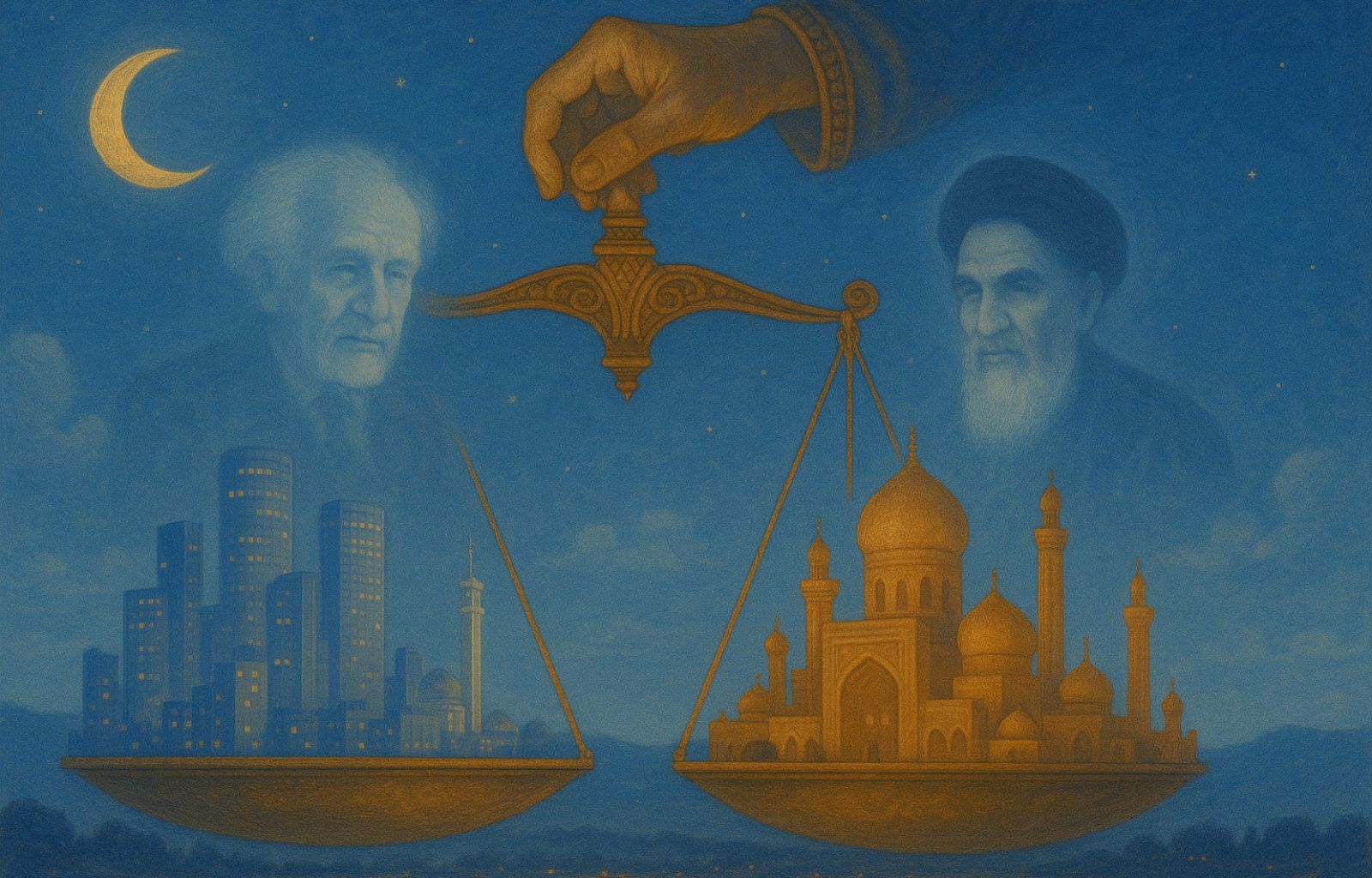Taiwan seems far away, but it is the crush test of world order
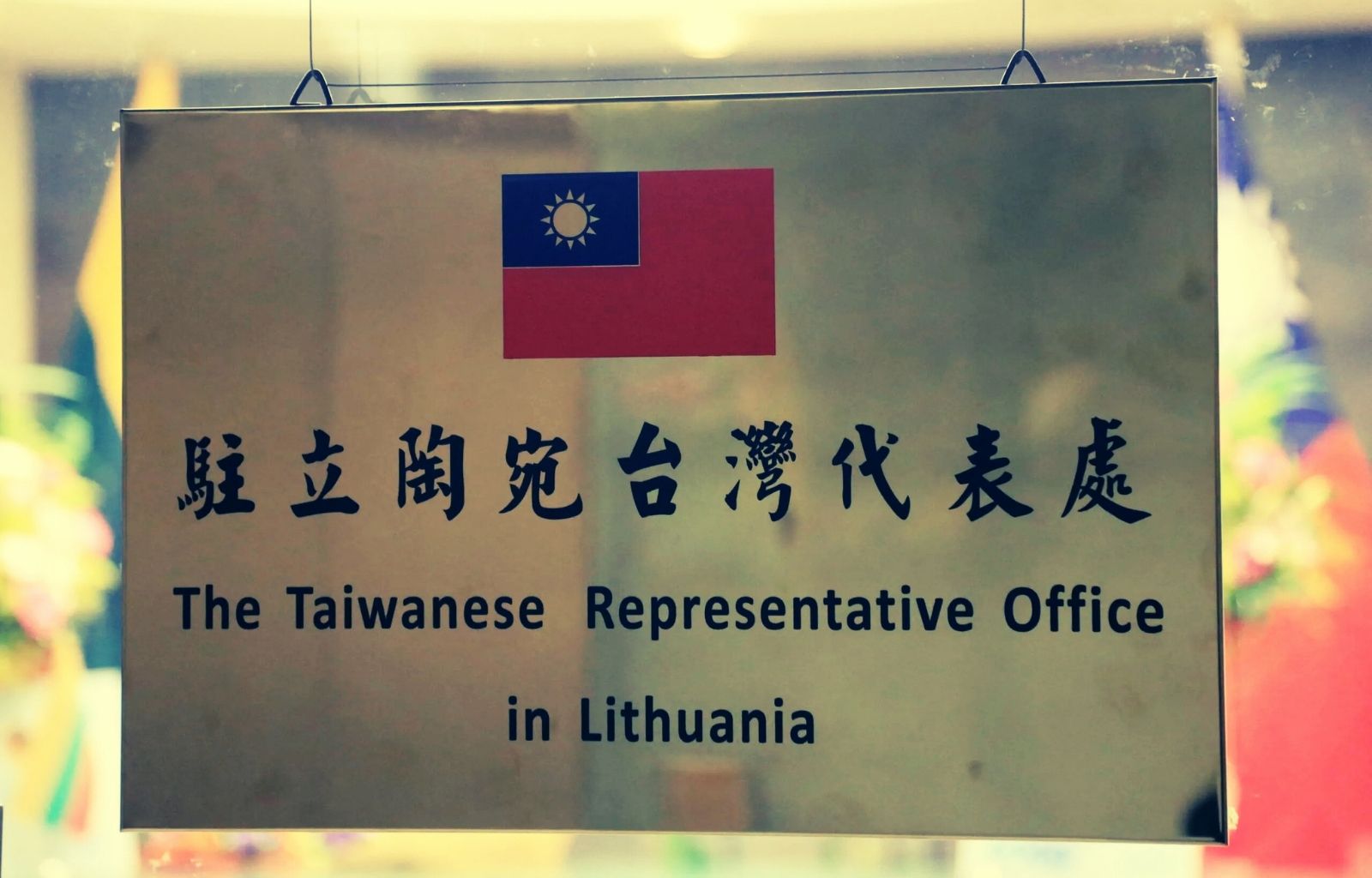
Taiwan, an island in the middle of the Pacific, is increasingly the focus of global attention, a strategic crossroads in a world where geopolitical tensions are intensifying. Russia’s brutal invasion of Ukraine has prompted Europe and the United States to review their strategic priorities, increasingly turning their attention to Taiwan, which is under constant pressure from Beijing’s threats. Chinese President Xi Jinping firmly declared: ‘Reunification with Taiwan is an irreversible process‘, sending a clear signal to the world. At the same time, the Moscow-Beijing axis strengthens its cooperation, with continued provocations in the Pacific, including pressure on Taiwan and the Philippines. Faced with this scenario, how does Taiwan move to ensure stability and prosperity?
Taiwan and Europe: pragmatic and strategic diplomacy
Taiwanese Foreign Minister Lin Chia-lung‘s recent trip to Europe marked a significant step in strengthening bilateral relations between Taiwan and the European mainland. In Brussels, Lin met with members of the European Parliament and key institutions such as theInteruniversity Microelectronics Centre, putting economic and technological cooperation at the top of the agenda. The drone sector, crucial for defence and security, emerged as a pillar of this cooperation.
Lithuania and Poland, in particular, have emerged as strategic partners for Taipei. With Lithuania, Taiwan has initiated projects to develop the drone industry as part of a broader effort to enhance its defence capabilities. This engagement comes against a backdrop of growing tensions between Vilnius and Beijing.

Lithuania and China: an emblematic diplomatic crisis
Lithuania is a case in point of the difficulties in relations between Europe and China. Vilnius’ decision in 2021 to allow the opening of a Taiwanese representative office under the name ‘Taiwan’ instead of ‘Taipei’ provoked a harsh reaction from Beijing, which recalled its ambassador and imposed economic sanctions. Despite these pressures, Lithuania strengthened ties with Taiwan, obtaining Taipei’s support in return, including a USD 200 million investment fund.
In November 2024, the crisis deepened with the expulsion of three Chinese diplomats by Lithuania, a gesture of firmness that further deteriorated bilateral relations. However, the possible normalisation of relations with Beijing by the new Lithuanian government could complicate Taiwan’s efforts to consolidate its position in Europe.
Chinese pressure and global challenges
As Taiwan builds alliances, China intensifies military and diplomatic pressure. Considering Taiwan an integral part of its territory, Beijing reiterates its opposition to any official interaction between Taipei and countries that maintain relations with China, urging Europe to respect the ‘One China’ principle. Such pressures pose a challenge not only to Taiwan, but to the entire international community.
A big variable in this picture will be the attitude of the future US administration, led by Donald Trump, which has already shown an ambivalent approach towards China and its trade and geopolitical policies in the past. While Trump took strong measures against Beijing during his first term, his tendency towards pragmatism and negotiation could lead to a recalibration of US priorities in the Pacific region. This creates uncertainty not only for Taiwan, but also for Europe, which looks to the US as a crucial partner in containing Chinese influence.

A crucial and strategically relevant aspect is Taiwan’s role as a global leader in the production of semiconductors, essential components for advanced technologies such as electronic devices, drones, electric vehicles and military systems. The island is home to some of the world’s most advanced companies, including the Taiwan Semiconductor Manufacturing Company (TSMC), which dominates the global market with its production of state-of-the-art chips. With its technological know-how and ability to innovate, Taiwan is an irreplaceable pillar in global supply chains, attracting the attention of the US, Europe and other key players. The global dependence on Taiwanese semiconductors makes the island a key strategic asset in the current geopolitical context (read also here: Taiwan’s role in the US-China competition for critical minerals).
Taiwan: a pillar of global stability
The case of Taiwan transcends regional dynamics, placing itself at the centre of a global challenge involving universal values such as democracy, sovereignty and international cooperation. Europe, while navigating between domestic and geopolitical priorities, has an opportunity to play a decisive role in supporting Taiwan, following the example of Lithuania. The Taiwan issue is after all the crush test of the global order as we know it.




